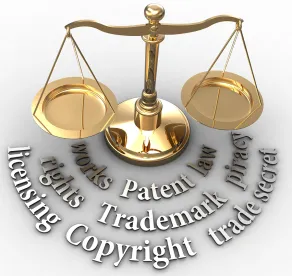GENBAND v. METASWITCH: July 10, 2017. Before Lourie, Taranto, and Chen.
Takeaway:
-
In multi-consumer, multi-feature products, the causal nexus requirement for showing irreparable harm can be satisfied by evidence showing that an infringing feature increases a product’s desirability, or evidence showing that the absence of the feature would make the product less desirable.
-
A patent owner may forego a preliminary injunction for reasons that are independent of conceding that there is no irreparable harm.
Procedural Posture:
After a jury verdict of infringement and non-invalidity against Metaswitch, Genband’s request for a permanent injunction was denied because the E.D. Tex court found that Genband would not suffer irreparable harm from Metaswitch’s continued infringement. Genband appealed the denial. CAFC vacated and remanded to consider whether there was an independent ground for otherwise denying an injunction.
Synopsis:
-
Permanent injunction: The CAFC held that the D. Tex court erred in interpreting the causal nexus requirement to mean that Genband had to prove that the infringing features “drive demand” for the product. In a multi-consumer, multi-feature context, an infringing feature need only be “a driver” of consumer decisions rather than “the driver.” Thus, the connection between lost sales and infringement may be shown through evidence that the infringing feature increased the product’s desirability, or that the absence of the feature would make the product less desirable. The CAFC determined that Genband’s evidence of lost sales due to Metaswitch’s direct competition is a type of harm often found irreparable, evidence that the district court failed to adequately consider under the proper “drive demand” standard.
The CAFC further held that while foregoing a preliminary injunction may be legally relevant to an irreparable harm inquiry, there may be reasons for a patent owner to forego a preliminary injunction that are independent of conceding that there is no irreparable harm. For instance, the merits of a case may be better presented during litigation; and as was the case with Metaswitch, a competitive threat may be initially small when a suit is filed, but may grow throughout the course of litigation.





 />i
/>i

